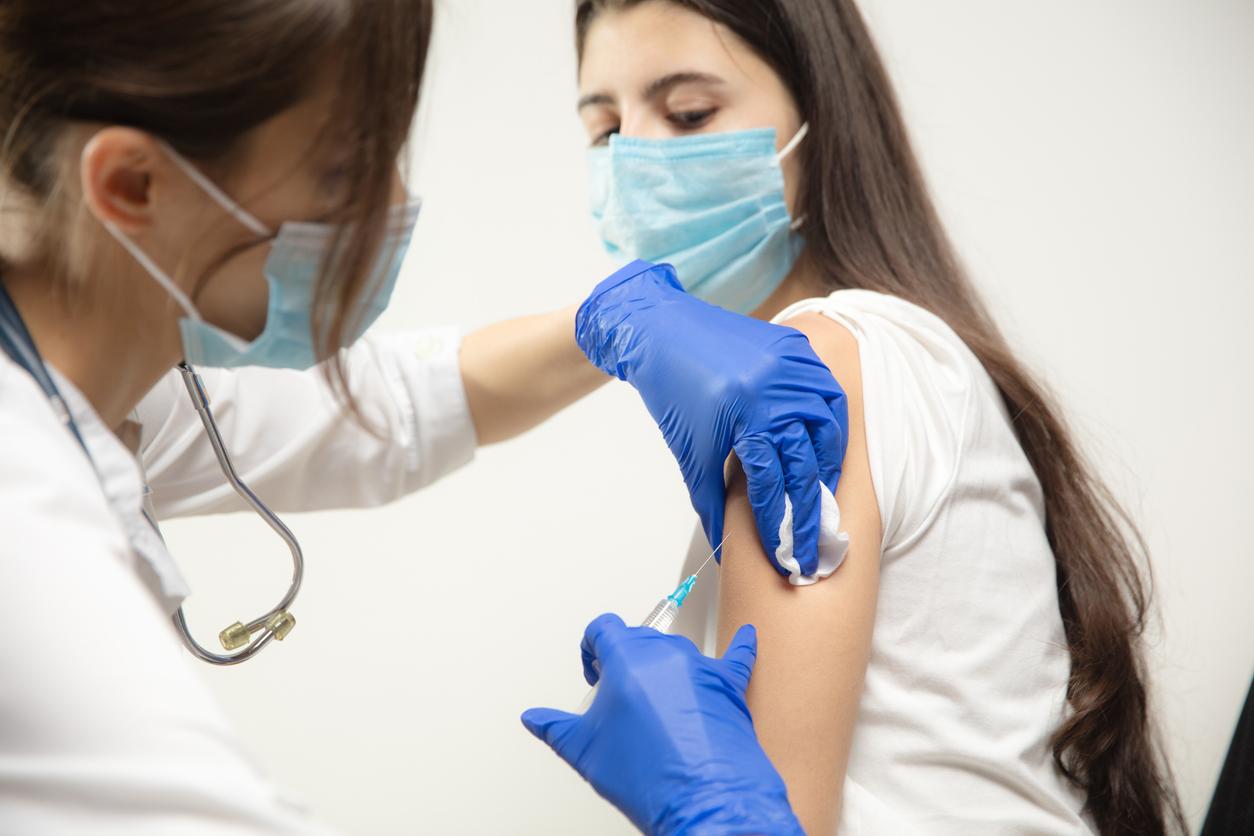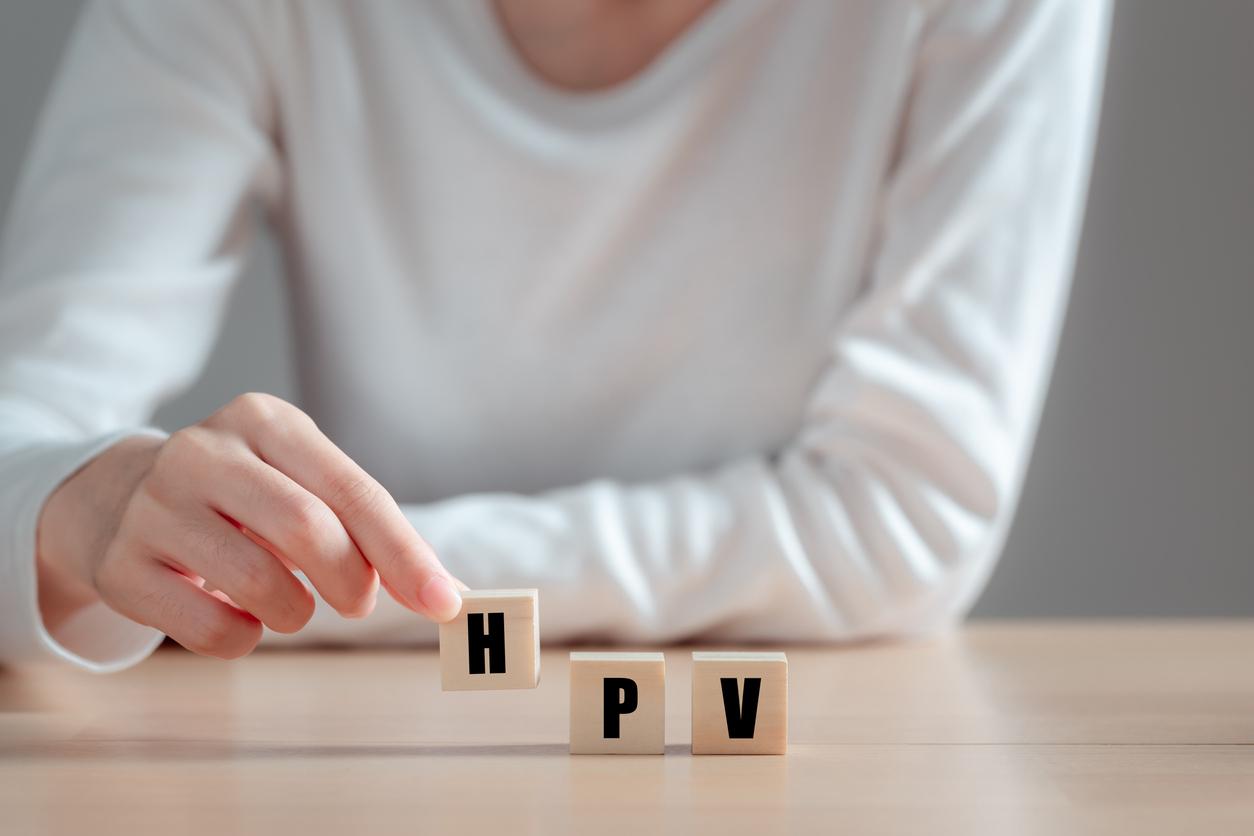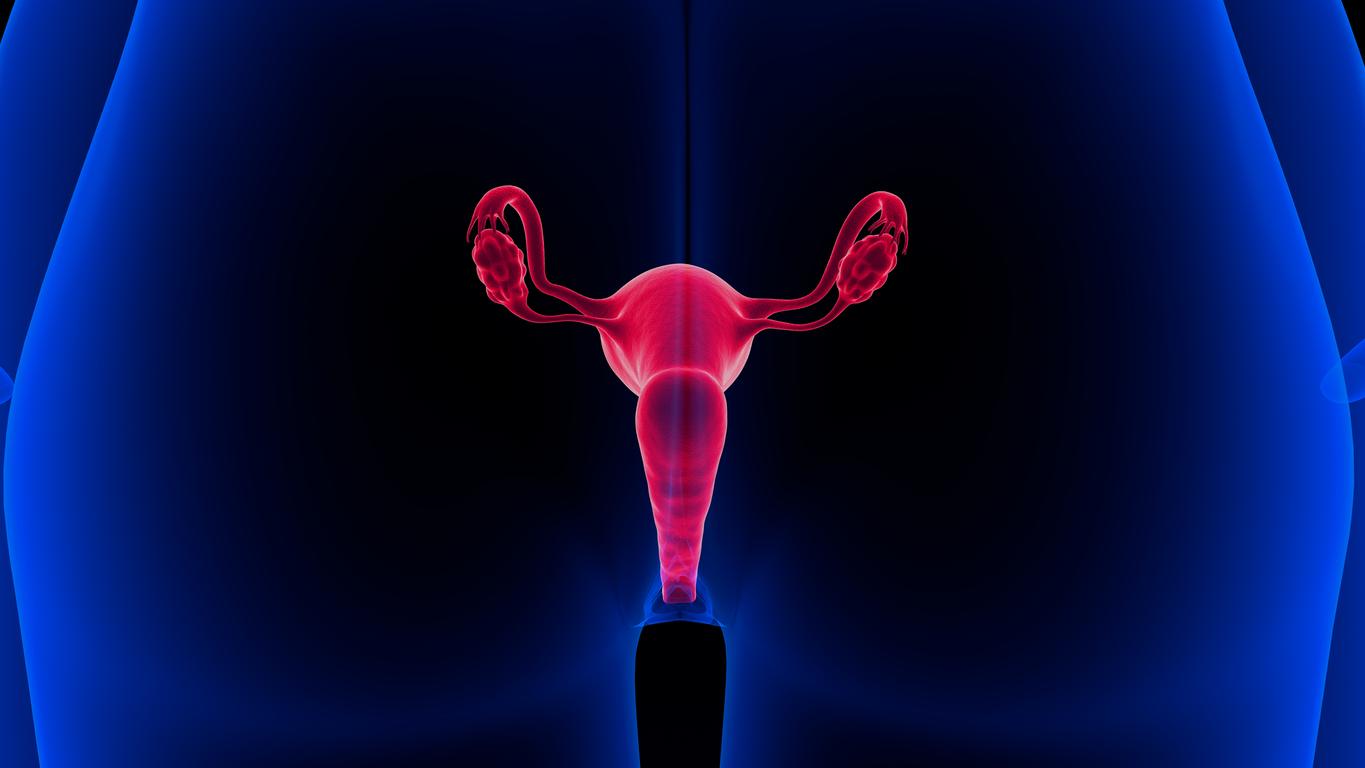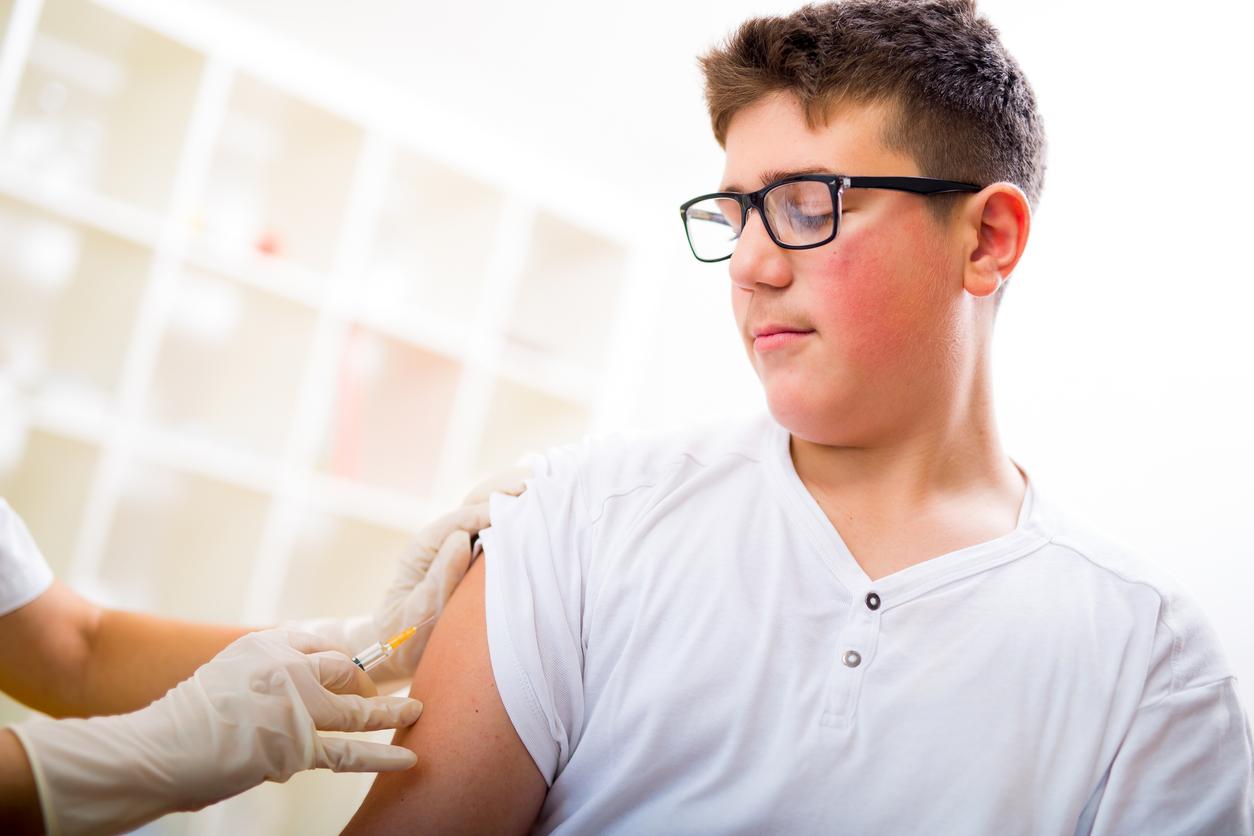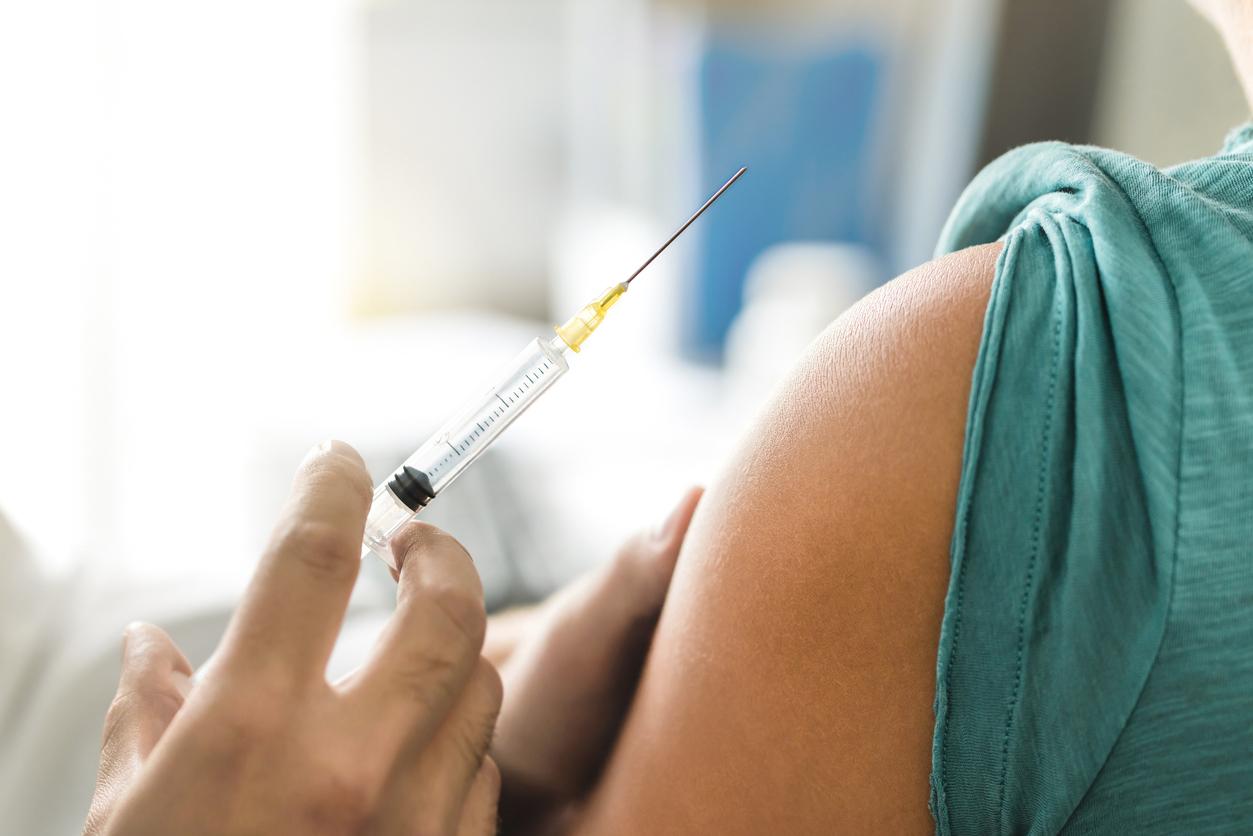A quarter of Ile-de-France residents have not taken a cervical cancer screening smear for three years. At issue: socio-economic inequalities.

Prevention of cervical cancer is lagging behind in France. One in four women has not had a smear screening in the past three years. According to the Weekly Epidemiological Bulletin (BEH), edited by Public Health France, the fault lies in part with territorial inequalities. But the study, carried out among 2,500 women, still offers a glimmer of hope: “active and mobile” women manage to reduce their risk.
A poorly reimbursed exam
Every year, 6 million women have a cervical cancer screening smear. On the punctuality side, on the other hand, the French women are not there. While the review is recommended every three years, 10% of the population concerned follows this advice. Within the study published in the BEH, carried out in Paris and in the inner suburbs (Hauts-de-Seine, Seine-Saint-Denis, Val-de-Marne), women are a little more serious. But 26.9% of them have not had a smear for at least three years.
This work highlights inequalities in access to gynecological examinations depending on the territory. Women who do not get a smear on time are mainly the youngest or oldest in the group. The researchers also note that they are more often single, that they have a low level of education and that they do not have complementary health insurance.
However, the examination is not fully reimbursed by Health Insurance. Its cost is not minimal, since at the gynecological consultation (28 euros) – reimbursed at 70% – is added the price of the smear (15.40 euros). “Only one of the four departments concerned (…) has set up an organized screening after the completion of the investigation”, underlines the BEH article.
Mobility compensates
But some women are more exposed to inequalities than others. Living in an area where general practitioners and gynecologists are scarce thus favors delays in screening for cervical cancer. A way of escaping this inevitability emerges, however: mobility.
So-called “active and mobile” women, that is to say women who work and move to another neighborhood, miss screening intervals less (16.1%). They have better control over space, have more access to the resources at their disposal, explain the authors. But they remind us: daily mobility can both underline inequalities and exacerbate them.
To catch up, it is better for other neighborhoods to be better off in terms of medical services. Because women whose three most frequented neighborhoods belong to the lowest socioeconomic levels are 78% more at risk of delay in accessing the smear.
“These results suggest that preserving or increasing the supply of local outpatient gynecological care is important for these poorly mobile women, who are also the most vulnerable and the most disadvantaged”, state the authors. Defining a valid offer is urgent because cervical cancer affects 2,800 people annually and killed 1,100 in 2015.

Vaccine against papillomavirus: its price slows down membership
15% of young girls are vaccinated against papillomavirus by the age of 16. Vaccine coverage largely insufficient and in constant decline since 2011. Why do French women not protect themselves against this virus, responsible for genital warts and cancer of the cervix? This is the question posed by the authors of an article in the Weekly Epidemiological Bulletin (BEH). They followed the responses of the 2012 health and social protection survey and 685 mother-child couples.
“Young girls with a ‘one-off risk consumer’ alcohol profile, as well as those living in a household where the reference person was a farmer-operator, were better vaccinated”, underline the authors. But each dose of HPV vaccine costs 110 to 120 euros. It is reimbursed at 65% by social security. Unsurprisingly, the lack of complementary health insurance therefore hinders access to this protection, as does the fact of belonging to a low-income household.
When the mother does not have a regular screening smear, her daughter is vaccinated less often, the study also reveals. “We can assume that these unvaccinated girls, who will have the same behaviors as their mothers tomorrow or who will encounter the same obstacles to screening as their mothers, will themselves not be screened in the future,” note the authors. An observation that calls into question the effectiveness of the vaccination program in France.
.










